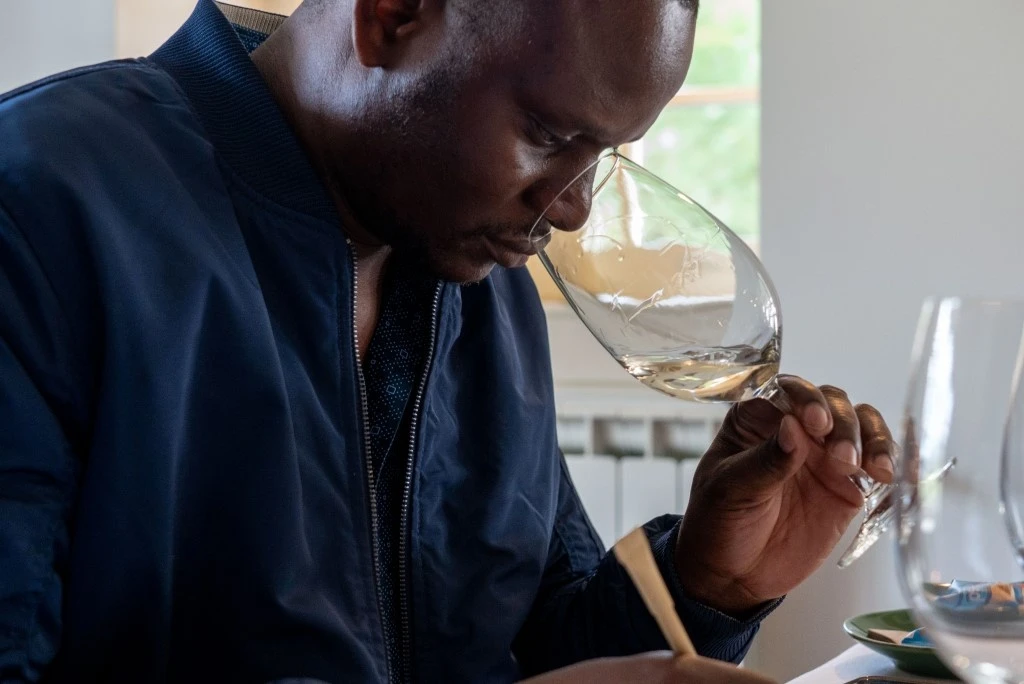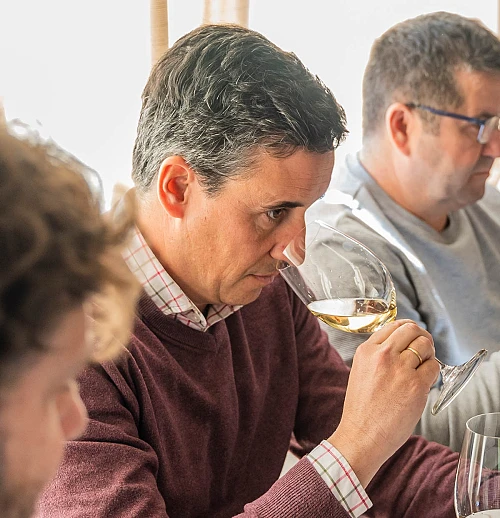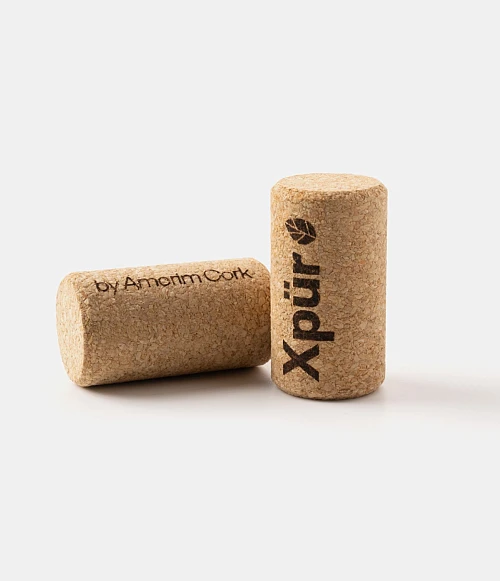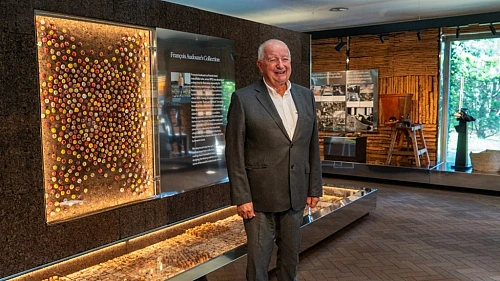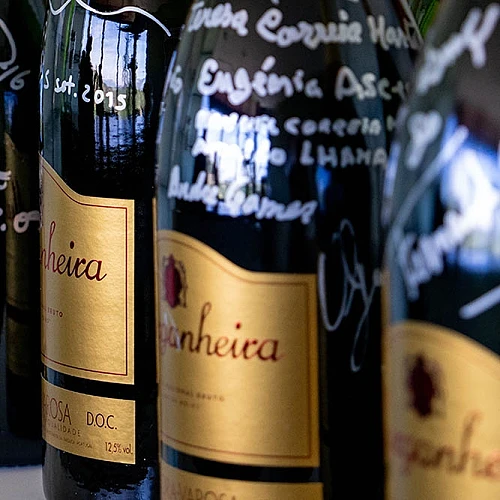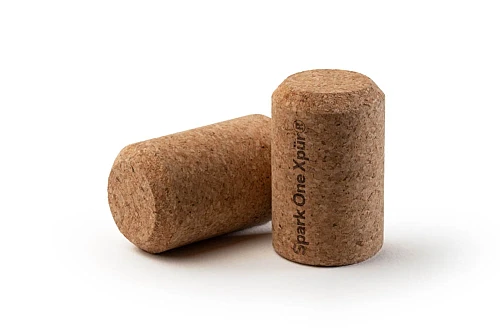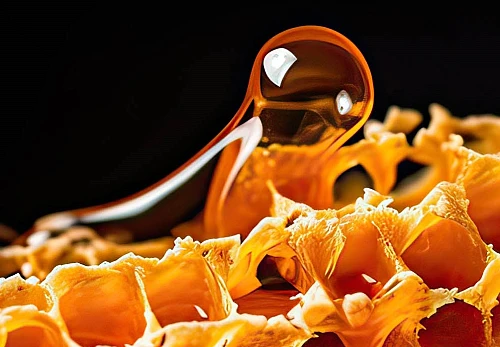- Media Center
- News
News Media Center
"Zim Somms" in Portugal
The incredible story of overcoming and resilience of the Zimbabwean sommeliers
In a country where people hardly drink wine, it seems highly unlikely that a constellation of top sommeliers could be born, ready to conquer the world with their talent and sensitivity. But improbable isn’t impossible, and that’s what happened to Joseph Dhafana, Marlvin Gwese, Pardon Taguzu and Tinashe Nyamudoka, four Zimbabwean refugees who, after working their way up through the restaurant world in South Africa, became renowned sommeliers, leading one of the most inspiring stories in the world of wine (and beyond).
In February, three of the four magnificent “Zimbabwe somms” travelled to Portugal to get to know Corticeira Amorim and attend the 20th edition of the Essência do Vinho. They immersed themselves in the world of cork, tasted Portuguese wines, toured Porto and learnt about the wonders of the Douro wine valley. And they left us with an incredible story of hope, determination and overcoming, which moves and inspires anyone who listens to it.
Seven minutes can seem like a short time, or an eternity, depending on the circumstances. Seven minutes is all the time the world’ s best sommeliers, gathered at the World Blind Wine Tasting Championship - a kind of Olympics of wine tasting - had to analyse each wine they were given to taste, and identify its origin, grape variety, region and even its producer. For Team Zimbabwe, which made its debut at this renowned blind tasting event in 2017, seven minutes were sufficient to show, wine after wine, that life is what we make of it.
The story of Joseph Dhafana, Marlvin Gwese, Pardon Taguzu and Tinashe Nyamudoka, four Zimbabwean refugees who arrived in South Africa in search of a more dignified life, has touched the world. In just over a decade, they have built a prodigious career in the world of wine, as sommeliers and now also as producers, an incredible story, especially when you consider that they started from scratch. In their home country, wine was the exception: “If you look at Zimbabwe in general, it’ s a beer-drinking nation, and wine wasn’t consumed at lunch or dinner.Only now is it growing, but at the time it wasn’ t accessible anywhere. So, I don’ t think I saw myself in this position at all. When I moved to South Africa, wine was available everywhere, but the world of sommelierswas just starting to grow,” recalls Marlvin Gwese.
In the early 2000s, the situation in Zimbabwe was complicated, with the economy falling apart, forcing many people to leave the country. In neighbouring South Africa, the wine industry, along with the restaurant sector, was the only one that accepted foreigners, as Pardon explains. “It was the only opportunity and we had to take it”.
That's what the four future sommeliers did. And they did everything. In some of Cape Town's best restaurants, they started out as food runners (a kind of "butler" who takes the food to the dining room, but has no contact with the customer), became waiters, worked as bartenders and finally as sommeliers. They arrived at different times, with different histories, despite their common origin, and they didn't know each other, but they ended up crossing paths in an environment that was nonetheless small and conservative, where, almost all of them unknowingly acted as pioneers, paving the way for a new generation of sommeliers.


